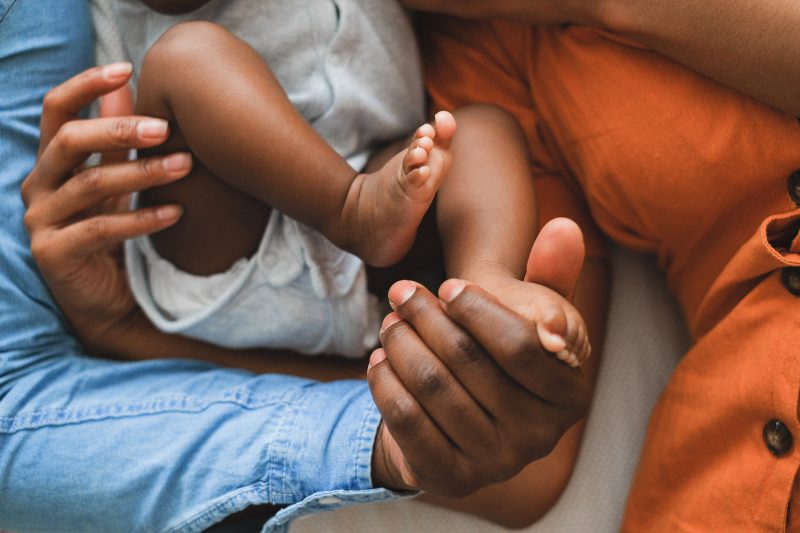Whilst having a baby can be a very exciting time, it also brings with it many responsibilities, including lots of financial decisions.
First Step, Budget
At Red Star Education, we are big on budgeting. Here are some of our blogs that you may find helpful for your budgeting journey:
- How to effectively budget
- Does spending with cash help us budget?
- The benefits of budgeting
- Budget calculator
When preparing for a baby, a budget is a good place to start, as it helps you figure out your current financial position. How much do you have coming in and going out of your account each week? How much money do you have spare to dedicate to a baby?
Next Step, Baby Budget
Once you’ve figured out your current finances, it’s time to make a budget for all costs that are baby-related. Here, you should think about all of the one-off costs as well as the continuing costs of raising a child. This might include things like:
- A crib
- Toys
- A pram
- Nappies
- Baby wipes
- Bedding
- A lot of other things!
According to The Money Charity, it costs an average of £24.44 a day for a couple to raise a child from birth up to age 18. For a lone parent family, this cost averages at £29.50 a day. When working out your current budget on the last step, did you have enough spare income to afford this? If not, you need to figure out where you can reduce your expenses.
It’s also a good idea to factor in savings to an emergency fund for your new budget, as you will have a dependent relying on you to maintain financial stability.
Maternity, Paternity and Shared Parental Leave
Maternity Leave
When figuring out your new budget to include baby costs, you will need to know how much money you will be getting during maternity, paternity, or shared parental leave.
For the 2022-23 tax year, you get 90% of your average weekly earnings before tax for the first 6 weeks of maternity leave. For the next 33 weeks, you get the lower figure of either £156.66 a week or 90% of your average weekly earnings. The next 13 weeks will be unpaid. The earliest you can start claiming paid maternity leave is the 11th week before your due date.
These amounts are for the Statutory Maternity pay, which is the minimum you are legally entitled to from your employer. However, you should check your employment contract as some employers offer more generous maternity benefits than this.
Paternity Leave
As an employee, you are entitled to one or two weeks paid paternity leave. This leave cannot start before the baby’s birth and will end within 56 days of the birth.
You will get the lowest figure of either £156.66 a week or 90% of your average weekly earnings.
Shared Parental Leave
Alternatively, you may opt for shared parental leave, where you can share up to 50 weeks’ parental leave and 37 weeks’ pay with your partner.
Once again, you are entitled to receive £156.66 a week or 90% of your average weekly earnings, depending on which is lower.
The Legal Stuff
You may wish to consider taking out life insurance so that your baby will be financially protected if you die. You can read more about life insurance here.
It’s also worth considering making a will. This will enable you to:
- Name your preferred guardian of your children if you die before they turn 18
- Say how you want your estate divided when you die
- Name an executor to administer this
- Create a trust fund for your children if you wish to (link child trust funds blog)
